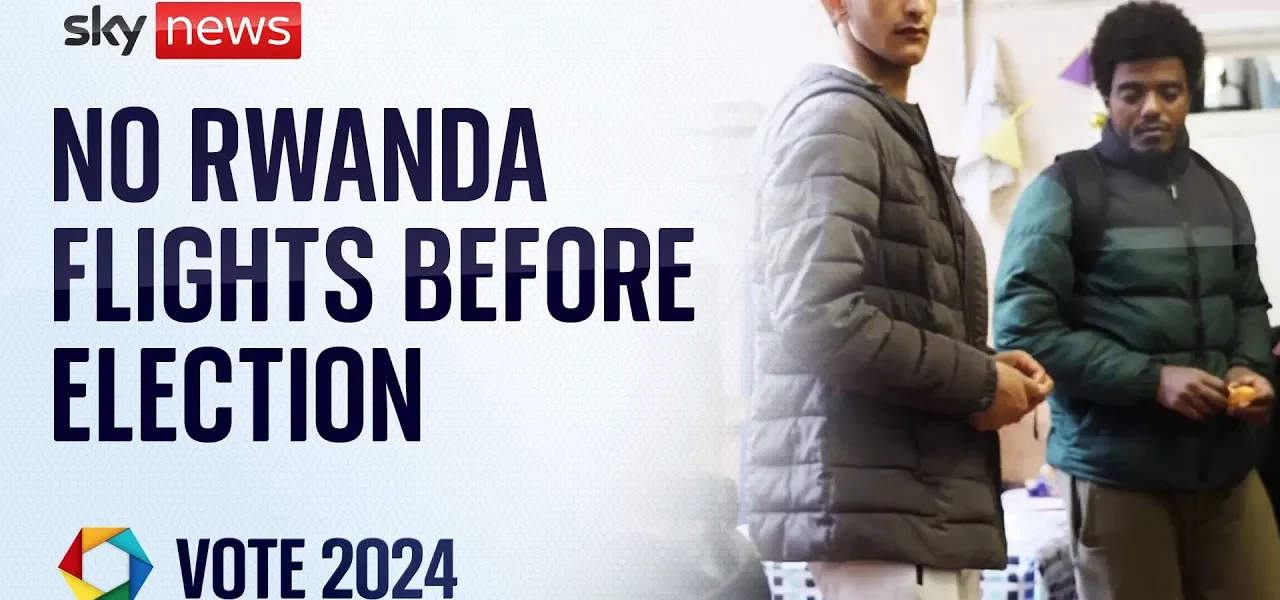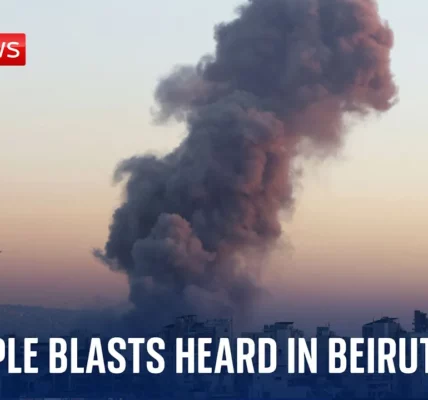Asylum Seekers in Detention: The Impact of Upcoming Elections

The ongoing situation surrounding newly arrived asylum seekers in the UK has become increasingly complex, particularly with the general election approaching. This article delves into the recent developments regarding their futures, the government’s Rwanda plan, and the shifting political landscape that may affect their outcomes.
Introduction
As the UK gears up for the upcoming general election, discussions surrounding asylum seekers and immigration policies are becoming more prominent. Recently, newly arrived asylum seekers have been seen in detention centers, wearing tracksuits and relying on charities for essential clothing. The government’s controversial plan to send some asylum seekers to Rwanda has faced scrutiny, particularly as the election approaches. This article seeks to unpack the implications of these developments for asylum seekers and the political ramifications of the Rwanda plan.
The Rwanda Asylum Plan: Current Status and Controversies
The Rwanda plan was introduced by the UK government as a means to deter illegal migration. However, its implementation has faced significant opposition and legal challenges. Prime Minister Rishi Sunak has stated that there will be no flights to Rwanda before the election, which has raised questions about the plan’s future.
Delays in Implementation
Originally, the government announced that the first flights to Rwanda would commence on June 24. As the election date approaches, the decision to halt flights has sparked discussions about political motives and the effectiveness of the plan.
- Concerns about the humanitarian implications of sending asylum seekers to Rwanda.
- Debates over the legality of the plan in the context of international human rights obligations.
- Political strategies surrounding the delay in flights.
Asylum Seekers’ Perspectives: Fear and Uncertainty
The uncertainty surrounding the Rwanda plan has left many asylum seekers feeling anxious about their futures. For instance, a detainee named Nahom expressed his hope amid the turmoil, stating that the delay in flights gives him some optimism about staying in the UK.
Personal Stories of Asylum Seekers
Many individuals facing removal are sharing their experiences, highlighting the emotional toll of living in fear of deportation.
- One-year-old M, born in the UK, faces potential removal due to her parents’ immigration status.
- Her Jordanian father, a PhD student, and mother, a dependent, are navigating a complex visa application process.
- The family’s situation raises questions about the treatment of children born in the UK to legally residing parents.
The Political Landscape and Upcoming Elections
The upcoming elections will significantly influence immigration policies. The Labour Party has pledged to scrap the Rwanda plan altogether, presenting a stark contrast to the Conservative government’s approach.
Voter Sentiment and Migration Policies
As the election draws near, the government is keen to showcase a decrease in net overall migration figures as evidence of the Rwanda plan’s success. However, voters are increasingly skeptical and concerned about the implications for asylum seekers.
- Voter trust in the government’s ability to manage immigration effectively.
- Concerns over the ethical implications of the Rwanda plan.
- The role of political rhetoric in shaping public perception of asylum seekers.
Conclusion
The situation surrounding asylum seekers in the UK is fraught with tension and uncertainty, particularly with the looming general election. The delays in the Rwanda flights and the changing political landscape have led many to feel a glimmer of hope, while others remain fearful of the future. It is crucial for policymakers to consider the human impact of their decisions, especially as they prepare for an election that will undoubtedly shape the future of immigration in the UK. As we move forward, it is essential to advocate for the rights and dignities of all individuals affected by these policies. For more insights into immigration policies and their implications, explore our related articles.
“`




